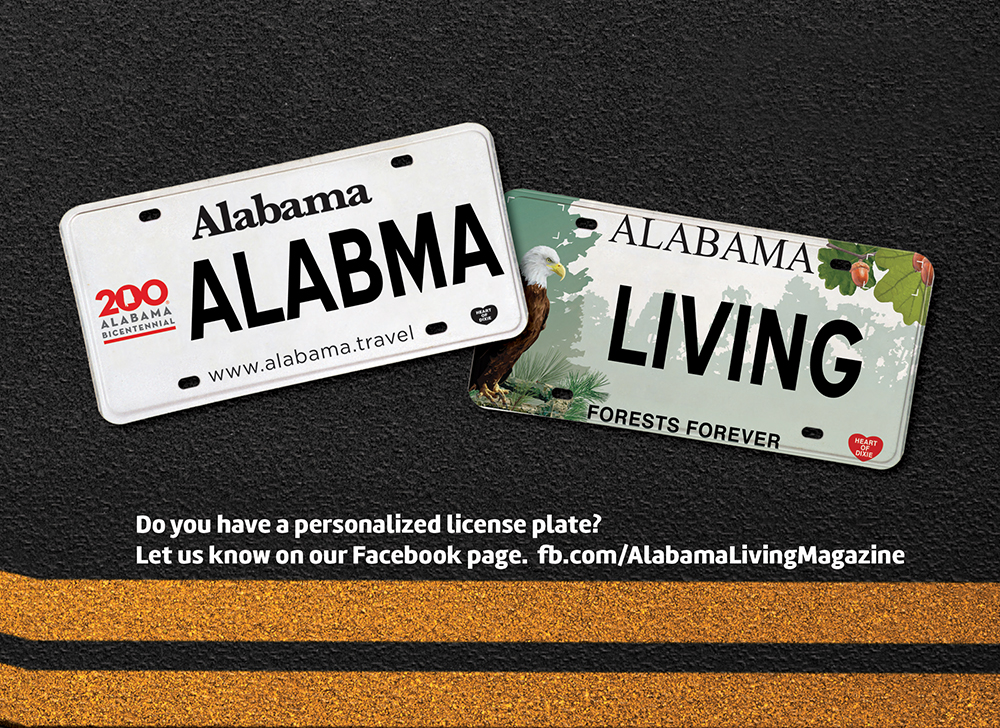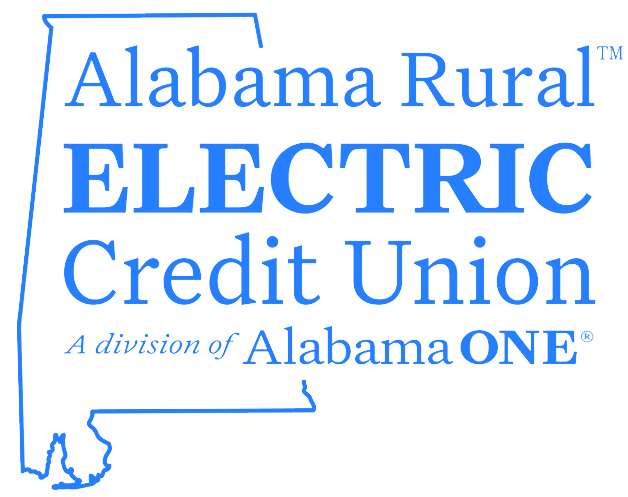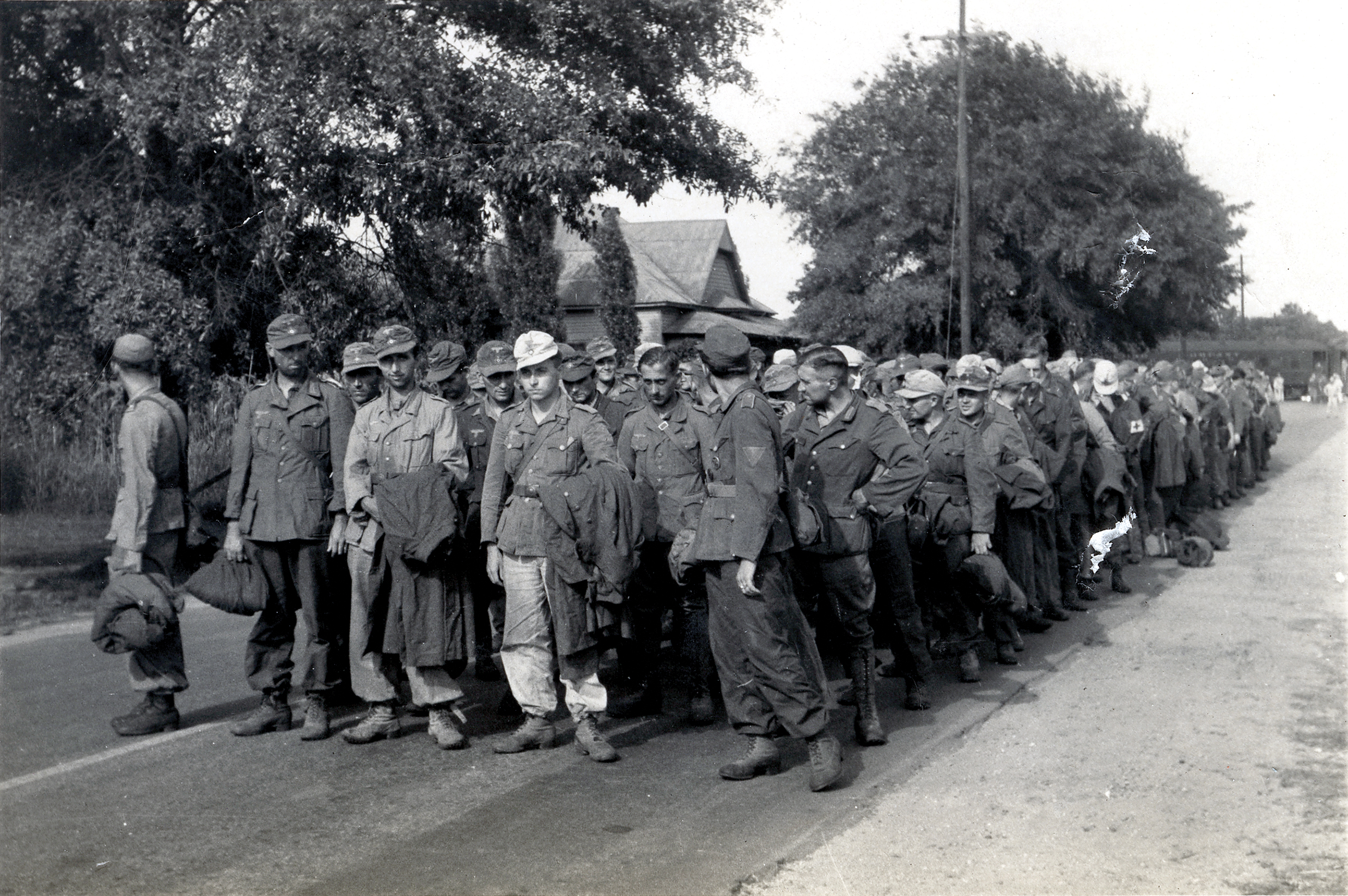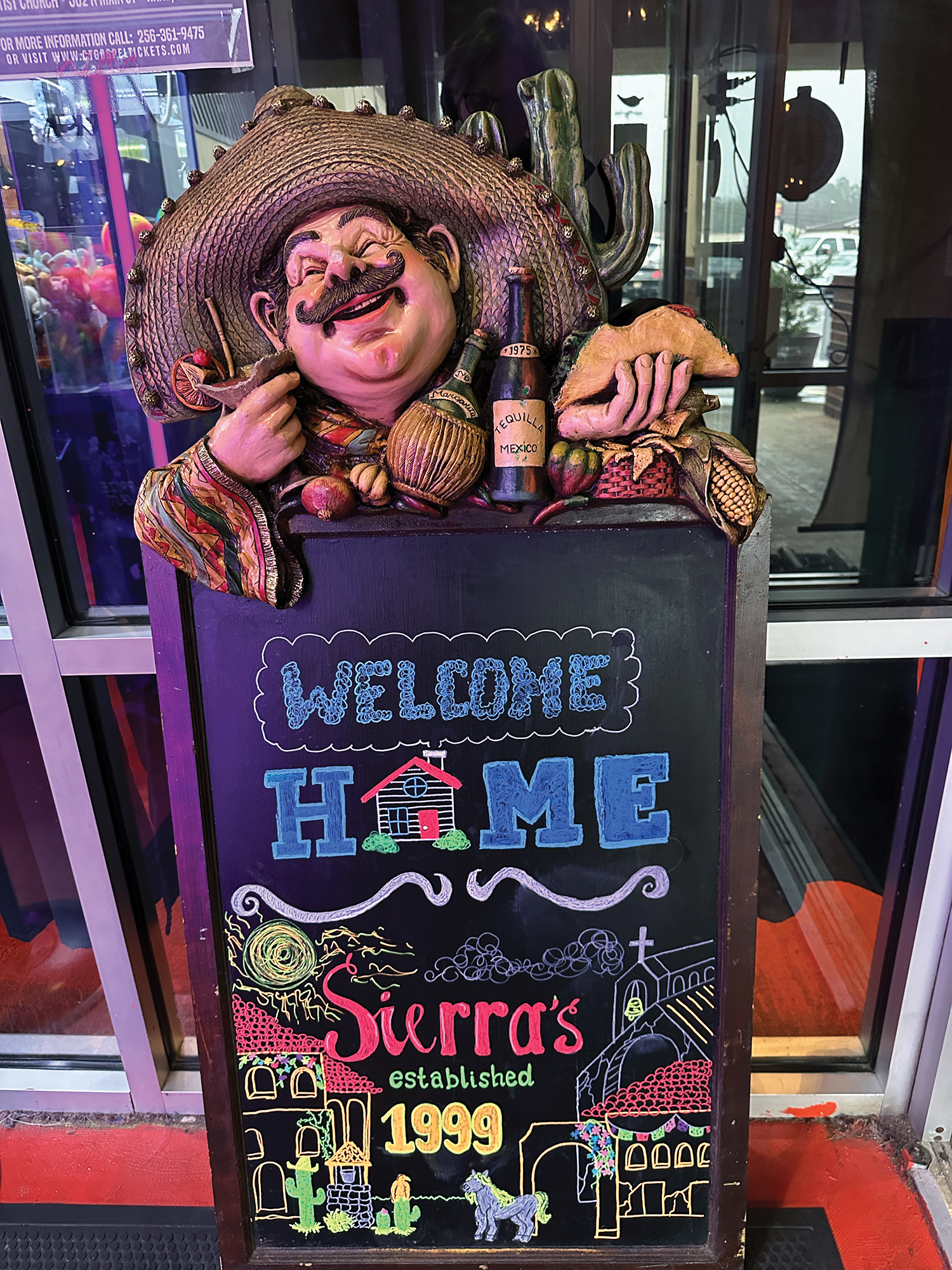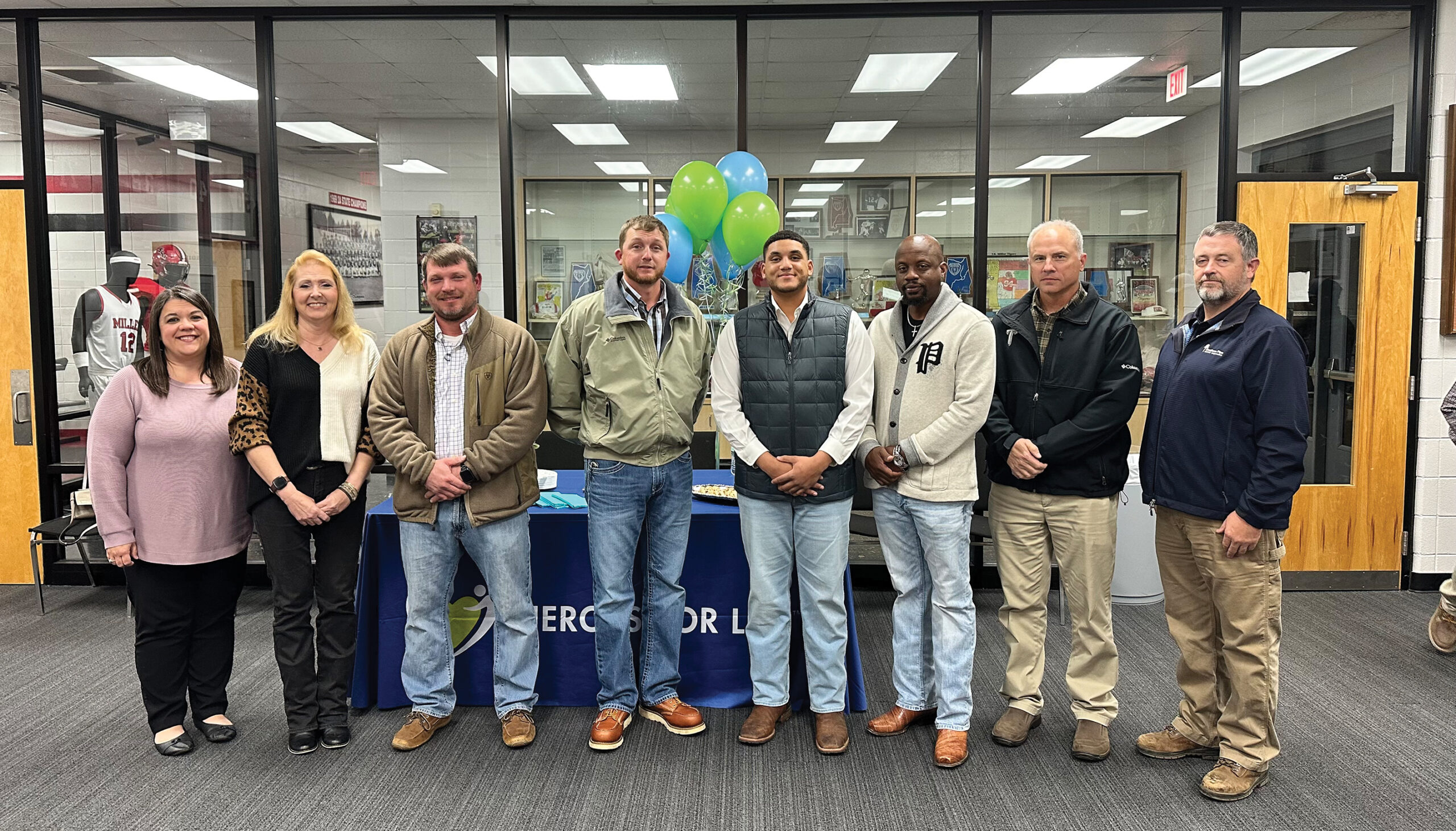By Emmet Burnett
There was a time when automobile tags were little more than car-displayed registration information, basically metallic oatmeal with digits. You’ve come a long way, baby. The humble car tag is now as unique as its Alabama driver.
Officially, the state classification is “distinctive plates.” Each is an artistic canvas, supporting a cause, stating beliefs, or singing to the heavens, “I Gotta Be Me.”
Currently, approximately 140 tag types are available, including those expressing love for ducks, playing tennis, supporting the arts, and pledging allegiance to Dale Earnhardt Jr. Categories include: 44 specialty license plates (honoring nurses, barbers, wildlife, etc.), 27 collegiate, 26 military-related, 18 generic specialty plates, and 15 generic (automobile) race plates.
Another popular feature with Alabama car owners are personal messages, letter-number combinations spelling out unique and creative communication – sometimes too creative.
“I have to give them credit, we receive some interesting (sometimes hilarious) personalized tag requests,” says Jay Starling, director of the Alabama Department of Revenue’s Motor Vehicle Division. His agency holds the auto tag program in the road.
“We review hundreds of requests, daily,” Starling says. “It is amazing the creativity Alabamians have in stringing number and letter combinations for messages.” It is also amazing what some people try to get away with.
In the never ending battle against dirty words on metal rectangles, proposed car tag messages are computer scrutinized. “Our program looks for symbols, letters, numbers, or combinations that may be objectionable,” he says. Additionally, screeners check urban dictionaries, the internet, and other sources for updates on potentially offensive phrases or words.
Any letter-number string with the letters ‘F’ and ‘U’ are carefully examined. Messages are turned sideways and upside down. Occasionally, when viewed from different angles, naughty names are detected. Nice try.
But try as they may to catch offenders, some slip by and hit the streets. One Auburn University tag sported a message to Alabama football’s Nick Saban, suggesting the coach do something that defied human anatomy. The tag is no longer on the road.
“Even if originally approved, a message can be recalled,” Starling says. “We will offer a chance to replace the message (at no charge), or you can appeal our decision.” But if the state wins, the message can be revoked.
For the most part, specialty tags are a win-win for everybody. One typically costs about $50, in addition to all applicable automobile registration fees. The state receives a small portion of the 50 bucks. The tag sponsor receives about $45-$47.
“It is a drive around billboard,” says Jennifer Crozier, executive director of The U.S. Space and Rocket Center Foundation in Huntsville. Since 2003, the center’s “Save the Saturn V” specialty plate sales total 36,391. “Of the $50, we receive $41.25,” Crozier says. “The money funds our Saturn V museum exhibits.”
Tag sales are impressive for Huntsville’s space center, and out of this world for two prominent colleges. In 2015, The University of Alabama, Tuscaloosa campus, sold 103,321 plates, followed by Auburn University at 68,067.
Other state contenders include firefighters at 39,921; the Alabama Wildlife Federation with 19,643; and Fight Breast Cancer, 17,244. But the most popular requested customized vehicle tag, with a whopping 1,168,000 orders, proclaims “God Bless America.”
Larger sponsors enjoy decent profits, where smaller groups go more for publicity. “We applied for tag sponsorship to advertise our group,” says Elaine Wheeler, President of Alabama Square and Round Dancers Association in Odenville, Ala. “We haven’t made much money, but people see the tag and ask about us.”
Most tags are available to the general public, but others have stipulations, such as the “Pearl Harbor survivor” plate, only available to such survivors. Last year 25 were sold.
But it does not necessarily mean 25 Pearl Harbor survivors, now in their 90s, are driving. These brave men survived a Japanese air attack. They should not tempt fate on a Birmingham freeway.
“Alabama does not require a driver’s license to own and register a vehicle,” Starling says. “But he-she must be a living survivor of Pearl Harbor to buy the tag and it is not transferable.” Other tags, especially military ones, have similar stipulations.
“We do not have data on how our sales compare with other states,” says Starling, “but I believe Alabama has more varieties, and I suspect we sell more.” Reasons for purchase are as varied as the tags. “Many are passionate about the cause,” notes the director. “But we see people order plates because the colors match their car.”
Plate sponsors meet rigid state guidelines as well. From a good idea to a Buick’s back bumper is a long journey. Most themes go before the Alabama Legislative Oversight Committee on License Plates (LOC). Candidates cannot submit tag ideas promoting or advertising private businesses or business organizations, certain types of schools, unions, political and religious organizations, groups that promote racial or social disharmony, public officials, and other standards.
In addition, the tag must be for an organization or cause that benefits the entire state, and money raised cannot pay salaries.
Specialty messages must be original, not duplicated, and that can be a problem. “Everyone competes to be first for a new message,” notes Starling. Having said that, here’s a tip: ‘Roll Tide’ is taken. Try again.
After all requirements are met, a prototype made, and everyone’s signed off, the order is placed with the Alabama Department of Corrections. Holman Prison in Atmore “is literally a manufacturing warehouse, within a state prison,” says Alabama Correctional Industries Director Andy Farquhar. “We look at last year’s orders to determine demand for this year’s.”
The end product is an automobile registration record, recorded in metal and a work of art. It is a rare example of a state tax that participants volunteer and gladly pay for.
More detailed information on tag varieties, ordering, and requirements is available at the Alabama Department of Revenue, Motor Vehicle Division website: revenue.alabama.gov/motorvehicle/standard.cfm
